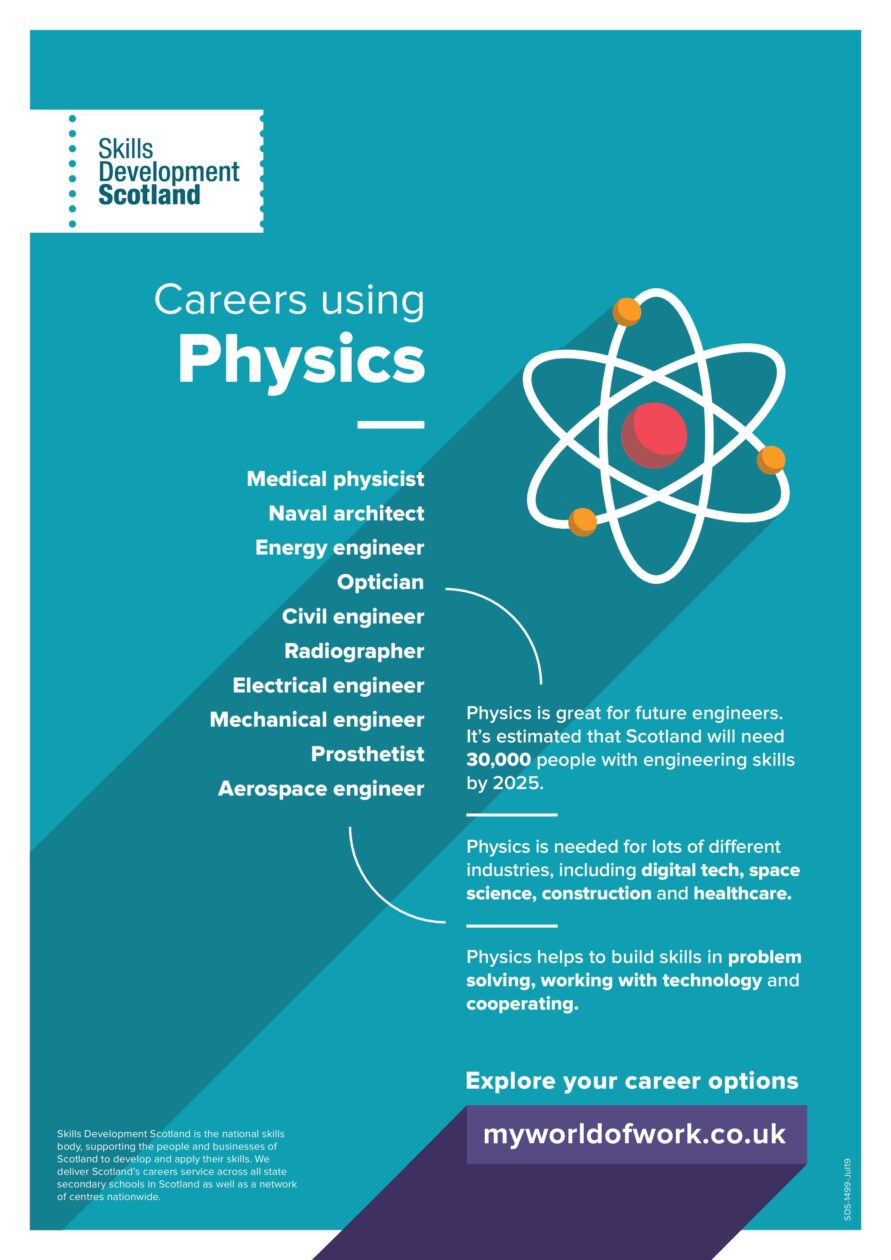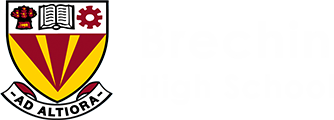


Health Sector- Applied science
Applied Science provides a broad knowledge of Biology, Chemistry and Physics. Pupils will explore units on each of the sciences and then develop their skills further through a final unit on Practical Science in the laboratory. They will develop the basic practical skills and knowledge needed for working in a laboratory: measuring, weighing and preparing compounds and solutions; and health and safety requirements. They will develop knowledge and understanding of biology, chemistry and physics and an awareness of the essential skill of Citizenship. They will learn to use scientific methods and equipment accurately and use problem solving skills to interpret experimental data. They will also combine and present their ideas while communicating with others.
Units:
Chemical Changes and Structure
This unit looks at Chemical Reactions, what they are and how we can change the rate at which they occur. The structure of the atom, bonding between the elements and the Periodic Table are studied. The final aspect of this unit looks at acids, alkalis and neutralisation. Experimental work will be undertaken to consolidate the concepts within this unit, develop a knowledge of health and safety within science and progress the practical skills of the pupils.
Waves and Radiation
The general aim of this Unit is to develop skills of scientific inquiry, investigation and analytical thinking, along with knowledge and understanding of waves and radiation. Learners will apply these skills when considering the applications of waves and radiation on our lives, as well as the implications on society/ the environment. This can be done by using a variety of approaches, including investigation and problem solving. The Unit covers the key areas of waves and nuclear radiation. Learners will research issues, apply scientific skills and communicate information related to their findings, which will develop skills of scientific literacy.
Cell Biology
The key areas covered are: cell structure; transport across cell membranes; DNA and the production of proteins; proteins; genetic engineering; respiration.
Practical Science
This unit of the course focusses on the practical skills that can be developed in Science. Pupils will undertake work in microbiology, using scientific equipment, measuring radiation, undertaking titrations, distillation and chromatography.
Assessment:
Assessment of the course is through a range of methods including pupil folio of written and/or oral evidence, practical activities supported by assessor observation checklists as well as self-evaluation. There will also be closed book assessments which are required to pass the course.


